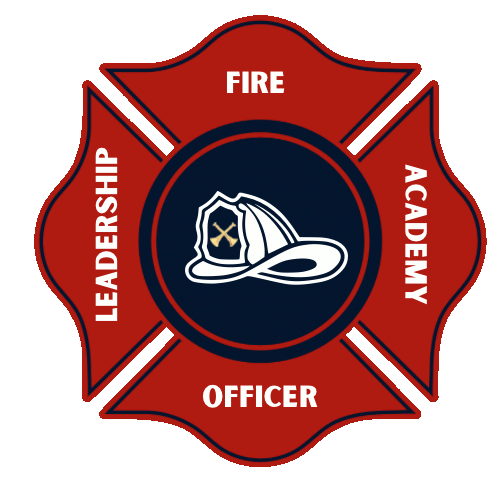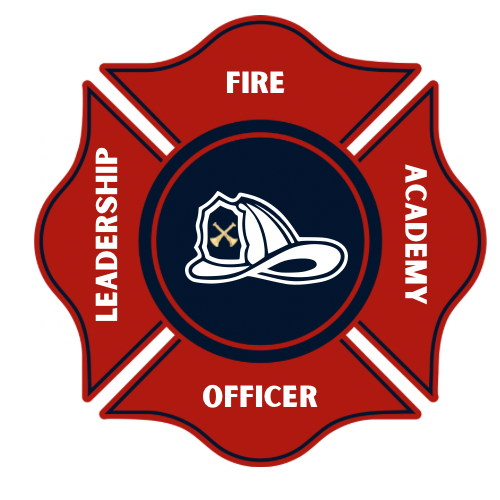The topic of the last three blog posts has been about teams. The theme continues this week and revolves around a word that can make people cringe. That word is conflict.
When you hear or see the word conflict, what thoughts and images come to mind? Two people engaged in an argument, rabble rousing rioters tearing up the streets of America, or hand-to-hand combat as depicted in the photo of a Marine fighting a German soldier during World War I.
Conflict may either be unhealthy or healthy.
Unhealthy Team Conflict
The heading above is the name of a chapter in my book, The Furnace of Leadership Development1. During a recent conversation, a friend described a situation at her job involving team members that neglect essential duties. Everyone works remotely and compounding the problem is the fact that the owners and company leadership are in Europe; a seven-hour time difference.
For the work process to flow efficiently, employees must complete and document certain steps so the next person can continue with the project. This is not happening, thereby creating a situation where other people carry the load for the slackers who are not doing their job. When our friend brings this to the attention of the other team member, that individual runs to her boss and says, “She doesn’t trust me! She doesn’t think I know how to do my job!” It is not a matter of job knowledge; it is a matter of responsibility and accountability.
Although our friend does the right thing by taking her concern to Sally Slacker, the issue needlessly escalates to higher levels, supervisors ignore the problem, and the cycle repeats itself. Failing to address the issue not only reinforces unruly and immature behavior, it creates frustration for employees and generates apathy amongst the workers. Hence it is unhealthy team conflict.
Healthy Team Conflict
How should we manage unhealthy team conflicts? The answer is simple, and the solution begins with the courage to confront and resolve problems in a mature fashion. We must be responsible individuals holding ourselves accountable for our actions and behaviors. When someone comes to us expressing a concern, we should be secure enough to listen and respond appropriately. Tossing around statements such as, “She doesn’t think I know how to do my job,” is nothing more than a smoke screen attempting to divert attention from the problem at hand.
When we courageously and humbly communicate with one another, we manage conflict at the lowest possible level, eliminating the need to escalate the situation to someone higher in the chain-of-command. You may be thinking, “Sure Davis! Easy for you to say! You don’t know Valerie the Vulture or Stab You in the Back Sam!” Oh yes, I know them and their relatives and I have experience with their family.
Would you like to polish your skills when it comes to handling conflict? Would that reduce your stress levels? Contact me at [email protected] and visit my website at www.fireofficerleadershipacademy.com to learn how individual or group coaching and mentoring can reduce your frustration and stress levels when dealing with conflict.
1Rick Davis, The Furnace of Leadership Development (Loveland, CO: Java House Publishing, 2019), 55.

